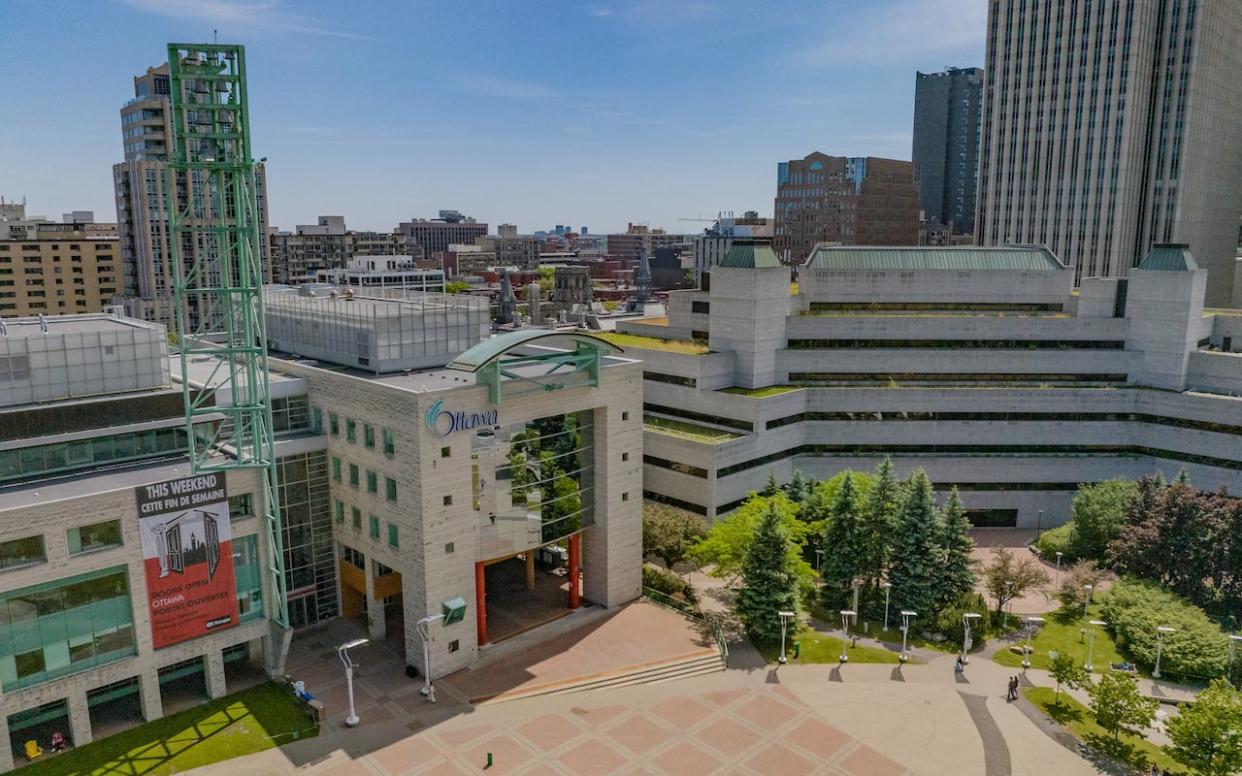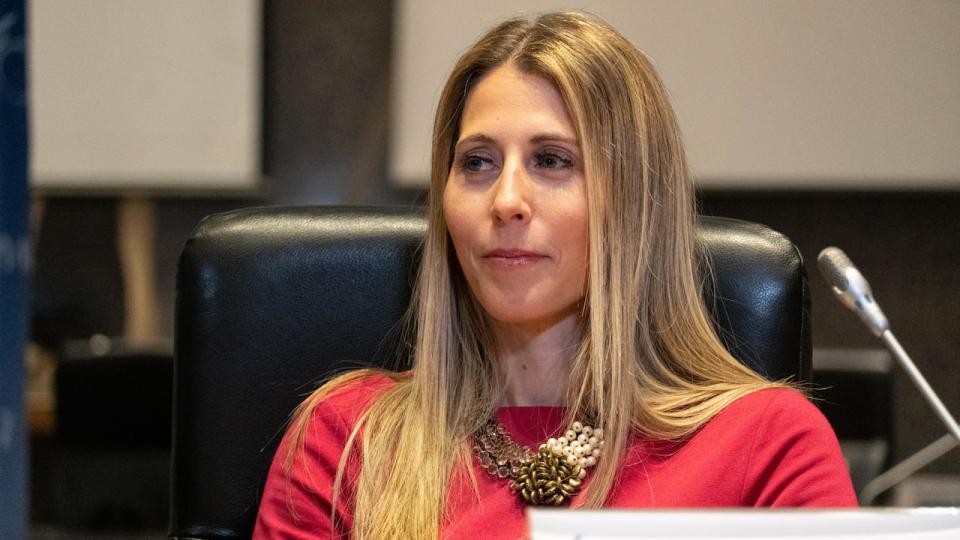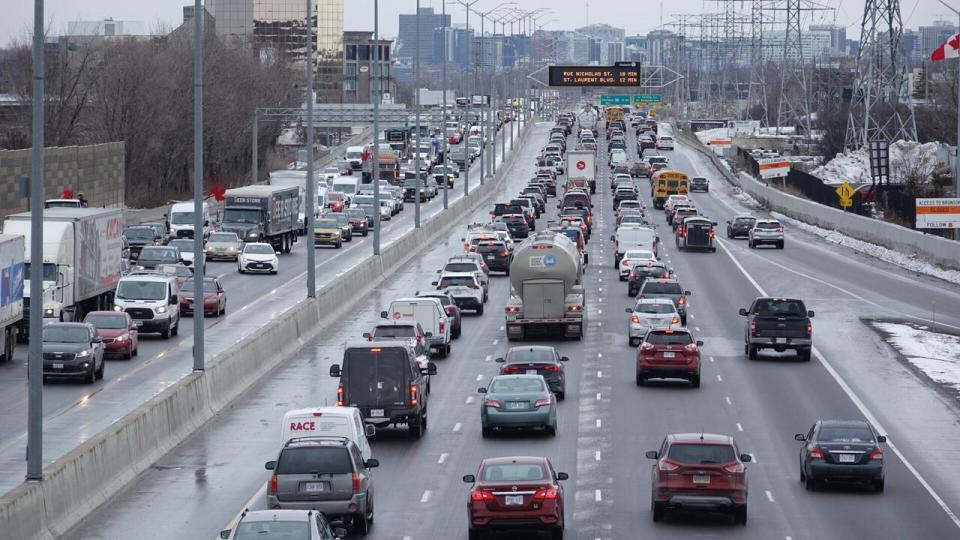Ottawa behind on climate change targets, city's auditor general says

A lack of metrics, unclear lines of accountability and disagreements over the city's proper role in tackling climate change are some of the city auditor general's major findings in her examination of the city's climate change master plan.
Nathalie Gougeon looked at whether the city has appropriate plans and strategies to achieve its priorities. Her findings were discussed at the city's audit committee Monday.
Gougeon's report said the city "has reached a crossroads" when it comes to meeting its climate change goals.
Her audit makes seven recommendations including clarifying the city's role in catalyzing community action, developing an accountability framework for the climate change portfolio, exploring a permanent funding and resourcing strategy, and defining quantitative metrics outside the establish greenhouse gas reduction targets.
The city's climate change master plan, approved in 2020, aims to reduce emissions from both city operations and in the wider community. Specifically, it aims to reduce community emissions by 43 per cent by 2025, and 100 per cent by 2050. It also aims to reduce emissions from city operations by 100 per cent by 2040.
According to the auditor general's report, the city is not expected to meet its 2025 target for community emissions.
In its 2023 budget, the city approved $5 million annually to advance the climate change master plan.

Gougeon made seven recommendations in her audit of the city's climate change master plan. (Jean Delisle/CBC)
Lack of metrics
The audit took aim at a lack of available information to determine whether it's on track to meet its climate change targets. Gougeon found the city has not reported on corporate or community greenhouse gas levels since 2020.
"Not being able to measure outcomes and progress goes to the root of not being able to properly inform council," Gougeon told reporters after Monday's meeting. "We want council to have all the information available to them in order to make informed decisions."
The city's interim director of climate change and resiliency, Will McDonald, was unable to explain why those greenhouse gas emission numbers were unavailable, but said a review of the data is underway now.
Orléans South-Navan Coun. Catherine Kitts said she was happy to see the recommendation asking for clearer metrics, adding that council lacked direction without key performance indicators.
McDonald said the city will look at what data is available and possibly draw on external subject matter experts to help the track its performance, to be completed by 2025.
Audit committee chair Cathy Curry said she is confident the city will be able to address the issues identified in the audit, and said the next step is to give the city time to implement the recommendations.

Gougeon's audit said the city is unlikely to meet its target of reducing community emissions by 43 per cent by 2025. (Francis Ferland/CBC)
Debate over city's role
Gougeon's audit notes the city faces a choice between focusing on emissions resulting from its own activities, and taking on a leadership role in spurring community action.
Some of the public delegations at the meeting argued the city should take on a more ambitious role.
"Do we look at ourselves in the global context and say that we represent effectively 0.0 per cent of this global problem, or are we going to lead by example and actually be part of the solution that requires thousands of municipalities around the world to do?" asked Neil Saravanamuttoo, community organizer and director of the non-profit organization CitySHAPES.
However, Rideau-Jock Ward Coun. David Brown said the city should instead focus on what's realistic. Referring to his short stature, Brown joked that while his life's goal is to grow to be six feet tall, it's not realistic.
"If 95 per cent of the actions that have to be taken are not within our direct control, I think that shows that perhaps the previous council's eyes were a little bigger than their stomachs," he said.


